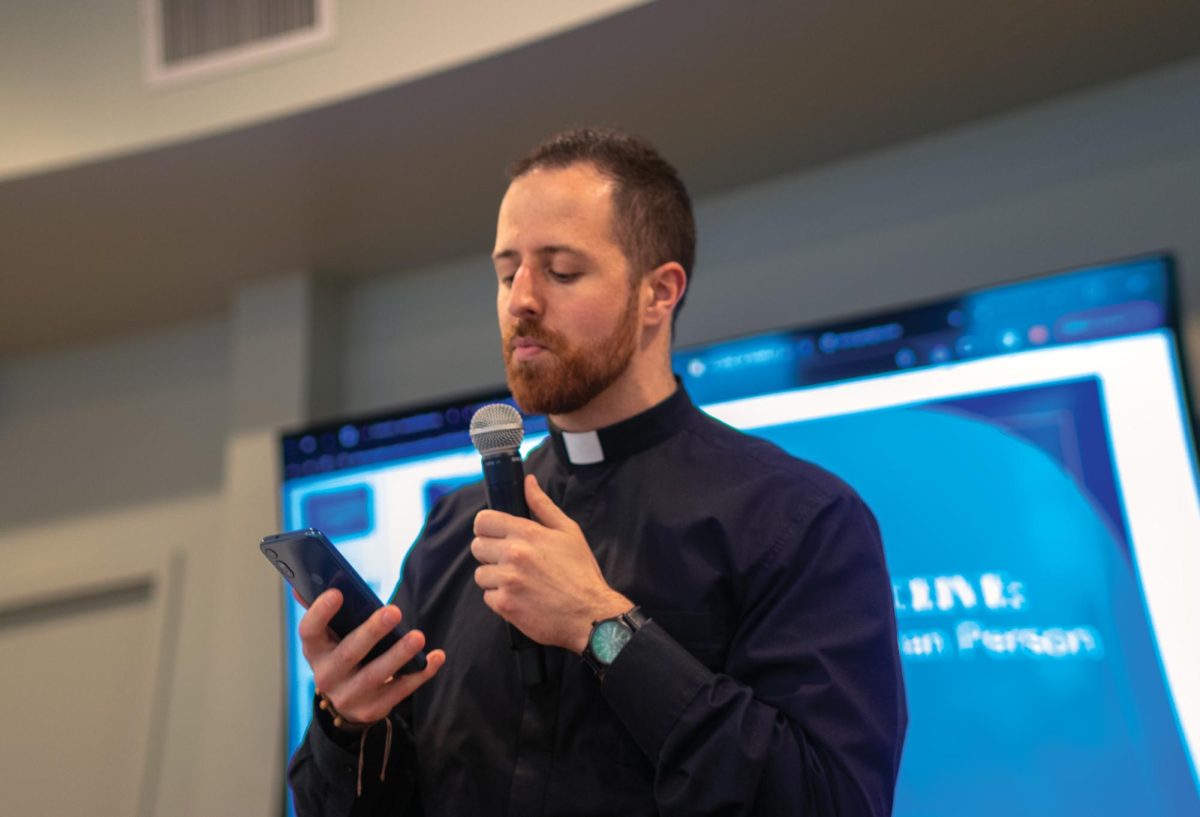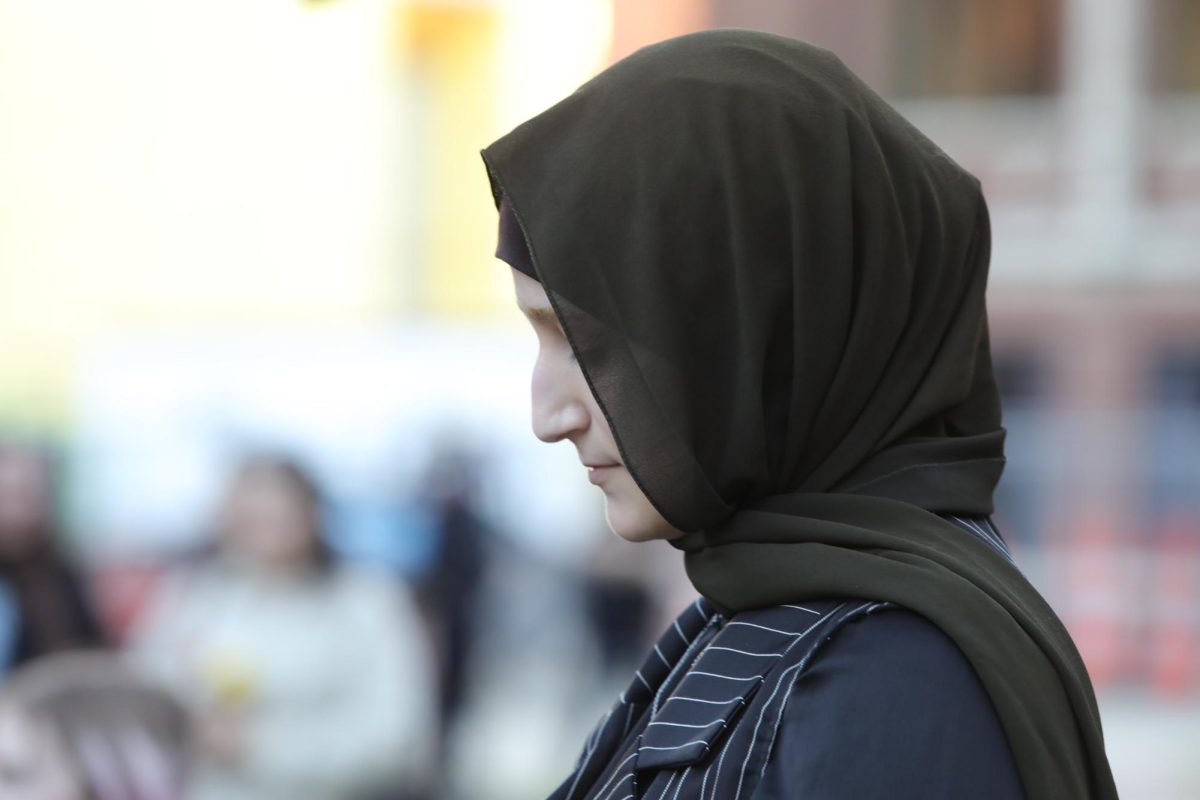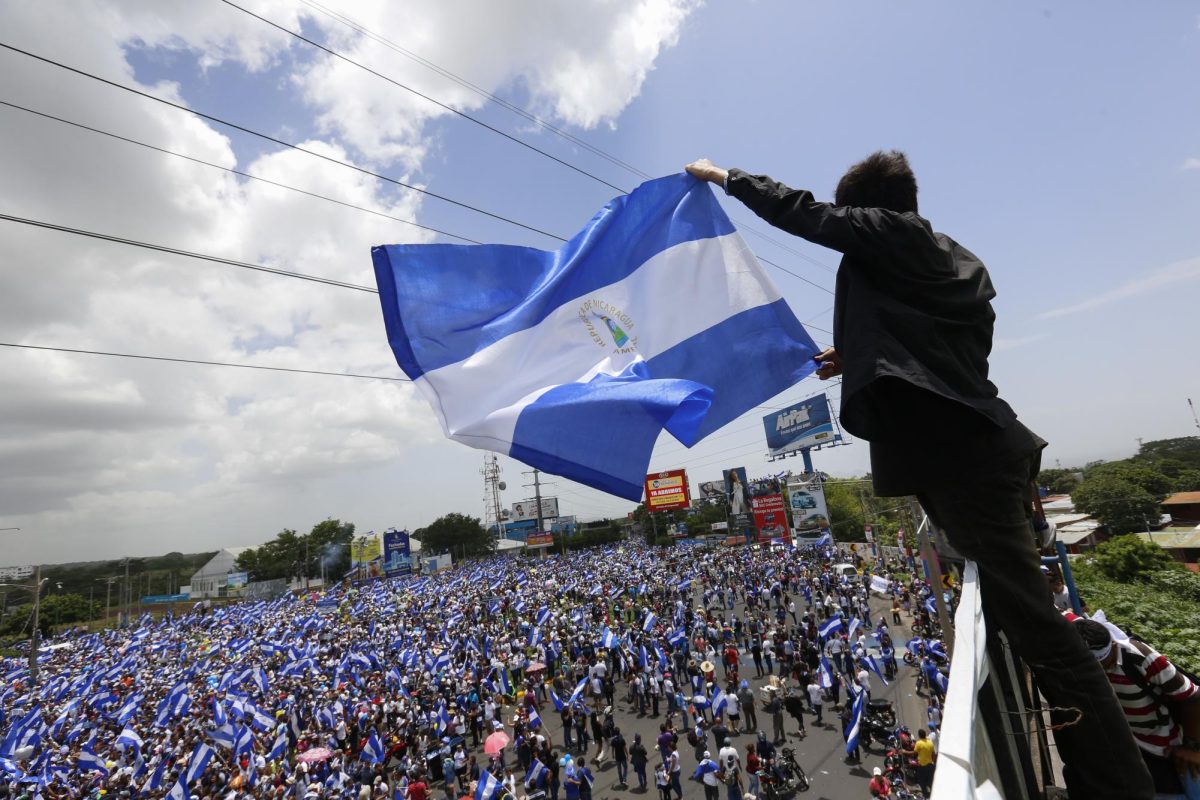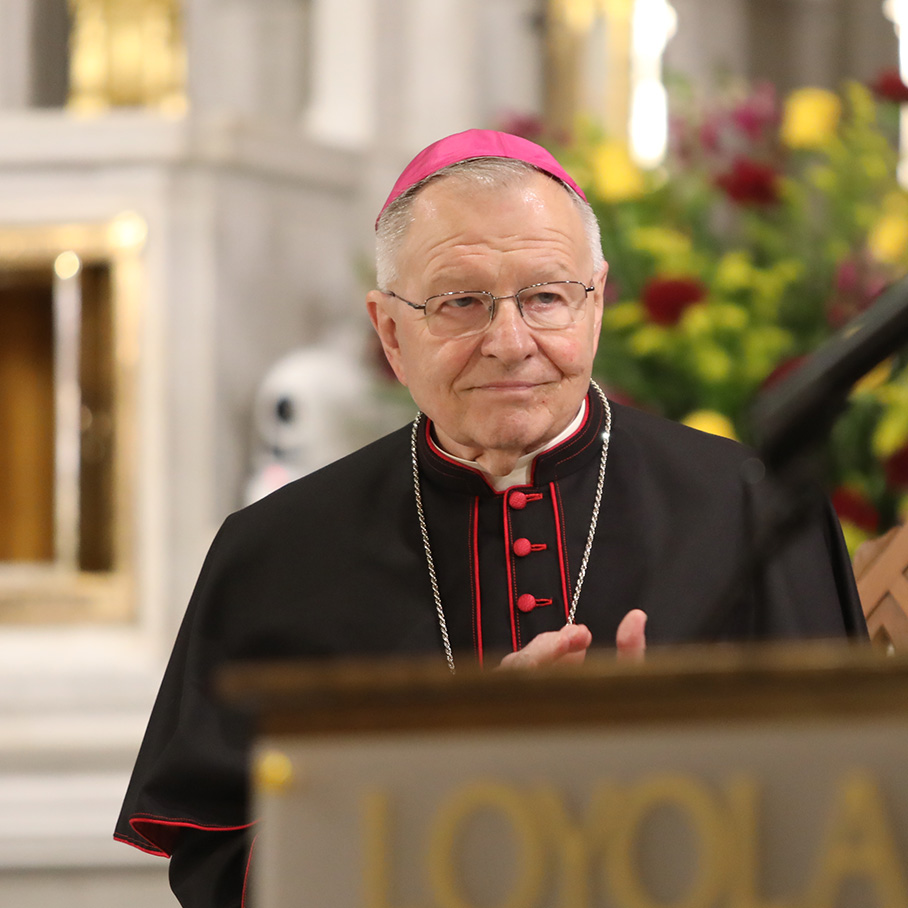The Loyola Society for Civil Engagement held a panel on Islamaphobia in an effort to improve understanding of Islam through increased dialogue.
Molly Wagner, president of the LSCE, moderated the panel. Adil Khan, associate professor of Islamic Studies, and Biology sophomore Hiba El Assar served as featured panelists.
Audience members offered questions about Islam or Islamaphobia to the panelists to move discussion along. Topics varied from being a Muslim on Loyola’s campus to the effects of post-colonialism on global perceptions of Islam.
Wagner felt that the question-and-answer format allowed for a wide range of topics to be touched upon.
“Everything that I wanted to cover personally was covered in the panel but in a much more eloquent way than I ever could have. I think it’s more in keeping with the peace conference in there not being such a hierarchical approach to education,” Wagner said.
The panel was part of the weeklong Student Peace Conference, which took place April 8-12. The conference held events focusing on contemporary social, political and religious issues.
English literature sophomore Simon Whedbee attended the Islamaphobia panel, and is in his second year of working as an organizer for the conference. Whedbee said that the conference aims to promote an academic dialogue about peace issues.
“The idea of getting a bunch of students from different backgrounds, a bunch of members of the New Orleans community and a bunch of different professors together to talk about various issues from various perspectives, I think that’s kind of the essence of what peace is,” Whedbee said.
Khan provided his take on the idea of Islamic culture at the panel. He stressed that Islam varies across borders with each country’s own cultural values.
“There is diversity in the Muslim world. These countries each have their own cultural backgrounds. There is a mosque here in New Orleans dominated by black people. The culture at the mosque is 100 percent American. So, no, I don’t believe in the notion of Islamic culture,” Khan said.
El Assar was asked to provide her definition of the core of the Islamic faith. She responded with a message of strength in focusing on the important things in life,
“I think the biggest thing that is instilled in us is that this world is ephemeral, that we’re working towards the hereafter. And there’s so many temptations in this world, and it’s easy to fall into those temptations, but we have to remain strong and come above that,” El Assar said.
Whedbee was pleased with the interaction at the panel, citing the ongoing discussion as a sign of success.
“I think you can judge how well a panel is based on the questions afterwards, which is why I think this particular setting was really interesting because it was all questions. I think the fact that it was able to go on for 45-50 minutes based purely on the interest of the people who came here, I think that’s a testament to the fact that this kind of stage works,” Whedbee said.
Karl Gommel can be reached at [email protected]







